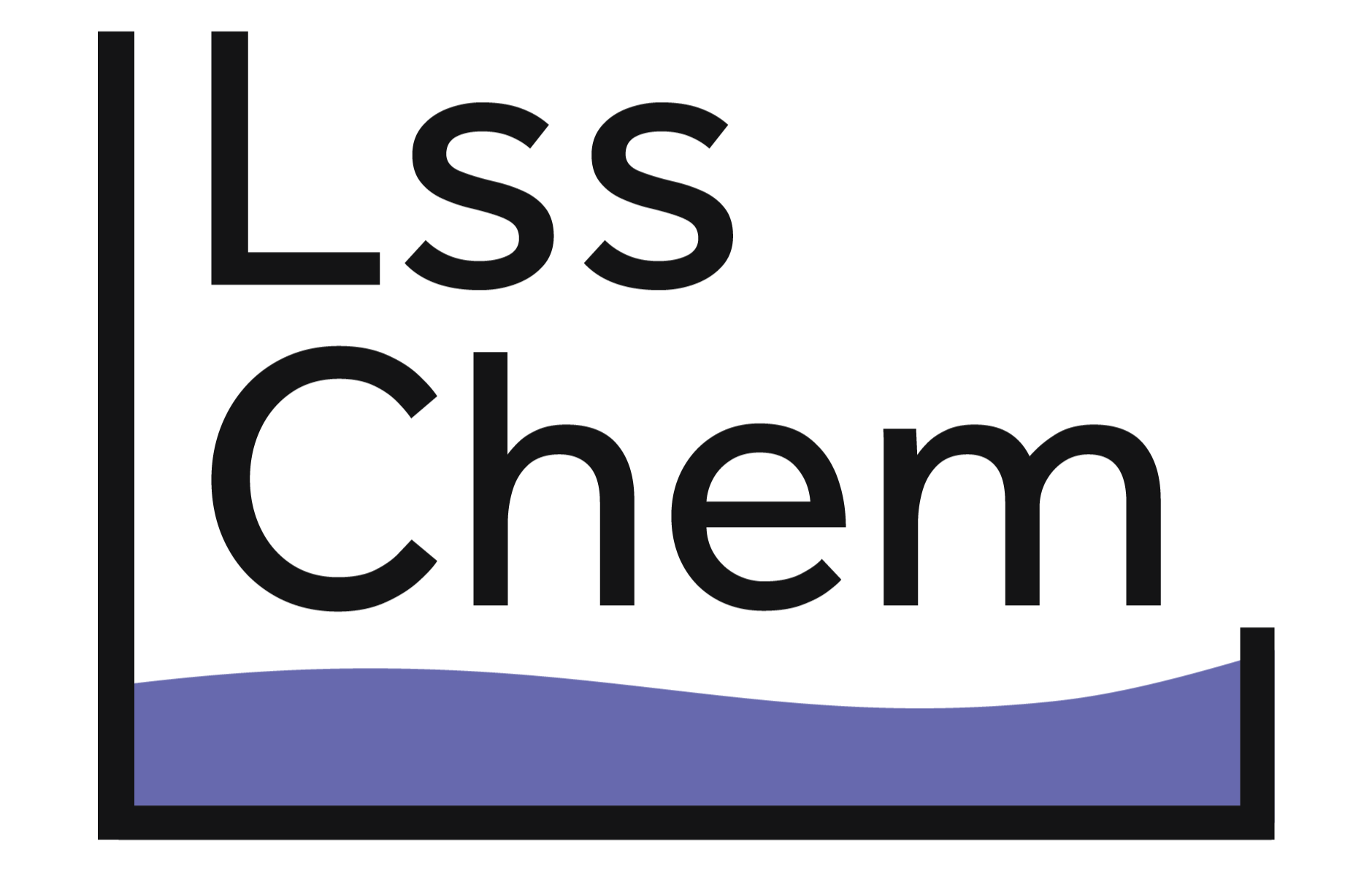Trichloroethylene, also known as TCE, is a common halocarbon industrial solvent that is clear, non-flammable, and has a slightly sweet odor. This controversial solvent continues to be utilized for various industrial applications, even though trichloroethylene is banned by the FDA for other types of applications.
Read on to learn more about why this once popular solvent is now being blacklisted and even banned altogether in some places.
History & Why Trichloroethylene is Banned
Trichloroethylene is still used for several industrial purposes, such as:
- Degreasing – TCE is primarily used to degrease and clean metal equipment
- Additive – TCE is added to many adhesives, spot removers, and paint removers
- Refrigerants – TCE is also used in the manufacturing of many refrigerants
In the past, trichloroethylene was used as a surgical anesthetic, but was banned by the FDA for such purposes in 1977. Its use in consumer products has also been banned in the EU. Additionally, Minnesota recently became the first state in the U.S. to ban the solvent’s use altogether.
This raises the question of why trichloroethylene is banned and becoming increasingly regulated all over the world. In addition to contaminating the environment, the chemical has long been known to pose multiple health risks to workers, especially those who are consistently exposed to it.
Here are only some of the reasons why this chemical is considered dangerous to not only workers, but the environment as well:
- Carcinogen
- May cause eye and skin irritation
- High concentrations can cause headaches, nausea, confusion, liver damage, and unconsciousness
- Can be harmful to the male reproductive system, liver, and kidneys
- Can cause neurological damage
- Can contaminate groundwater and drinking water sources through leaks and spills from storage tanks
Eliminating Trichloroethylene for Good
Though TCE is still widely used in the U.S., many companies are beginning to search for alternative options to ensure worker health safety, protect the environment, and to avoid stringent regulations for toxic solvent use.
Some alternative options that can effectively replace trichloroethylene include:
- Terpene-based solvents – These solvents are not only eco-friendly and worker friendly, but they are also very effective for cleaning and degreasing applications due to the powerful properties of terpenes.
- Acetone – Acetone-based solvents are highly effective for cleaning operations and are considered to have a low toxicity, are inexpensive, and are safer than traditionally hazardous solvents.
- Denatured Alcohol – These types of solvents are effective cleaning agents and stain removers.
Looking for TCE Replacements?
Here at LssChemicals, we provide sustainable chemicals with the purpose of minimizing excess chemical usage and waste, while maximizing quality and efficiency. If you are looking for chemicals for your industrial or business needs, you can browse our products here! If you have any questions regarding products, then reach out to our staff today!


